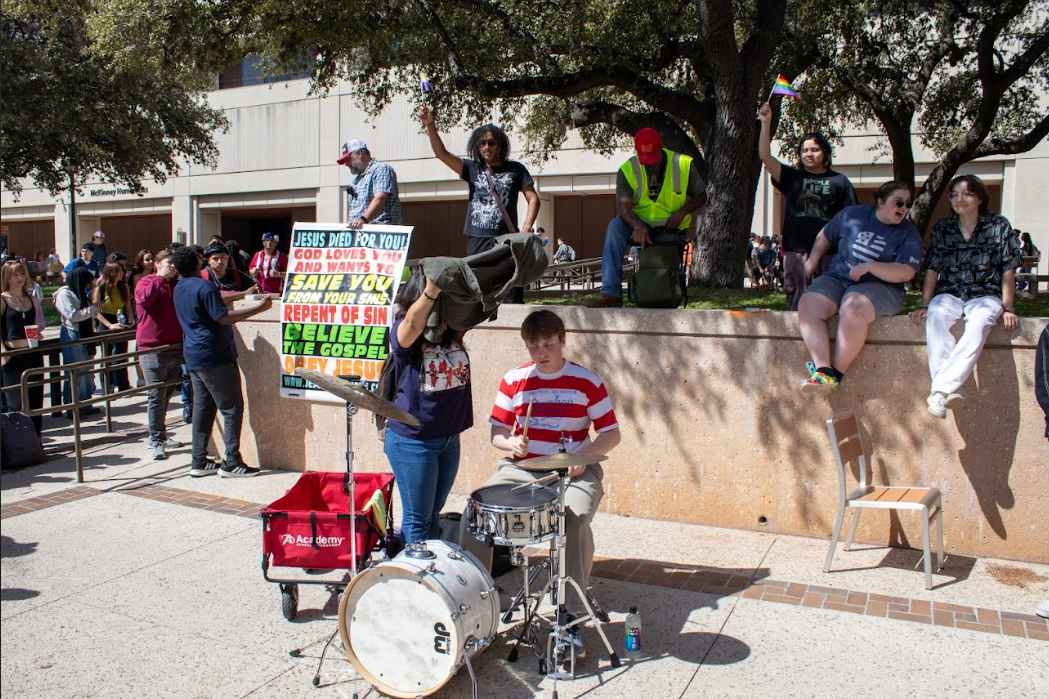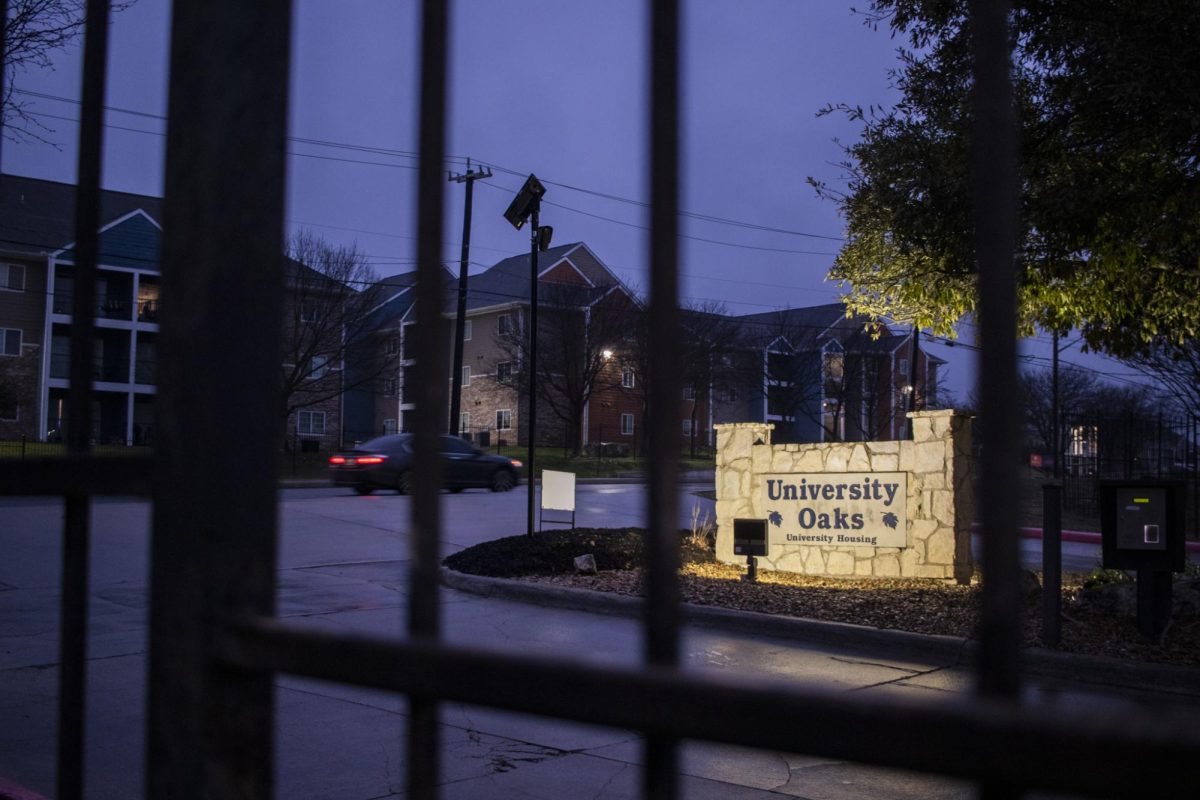On Jan. 8, the Texas Legislature began their 83rd session in Austin, Texas.
The 140-day session, which meets every two years, is the only opportunity for budgetary and legislative matters to be passed in Texas, excluding a special session by the governor to handle unsettled matters. As such, the Legislature will work frantically to pass a budget before the session ends. The Legislature has several other goals and issues on the agenda, some of which were illustrated in Gov. Rick Perry’s State of the State address on Jan. 29.
One of Perry’s boldest proposals was a call on the Legislature to use $3.7 billion from the Rainy Day Fund (the state emergency account funded mostly by taxes on gas and oil) for one-time infrastructure projects, according to the Texas Tribune. The Rainy Day Fund has a current balance of about $8 billion, but is expected to have a balance of almost $12 billion by the year’s end. Additionally, there have been proposals to spend an additional $2 billion on water projects.
Perry also discussed spending cuts, specifically $1.8 billion in tax relief. However, Perry did not propose specific details. Instead, he directed people to a new state website (http://governor.state.tx.us/texastaxrelief/) to voice their opinion on what shape tax relief should take.
Perry’s call to utilize the Rainy Day Fund for various public necessities is a notable shift in his policy. During the 2011 session, Democrats in the Legislature called for a utilization of the Rainy Day Fund to make up for recent cuts to public education—something Perry strongly opposed and fought, according to the New York Times.
Education was also a strong vocal point for Perry during his State of the State address. He called for the creation of more public charter schools, as well as a scholarship program that would allow students in low-performing schools the ability to transfer to higher-performing ones.
Perry also addressed higher education and pushed once again for the creation of more $10,000 degree programs, noting that “Florida is developing its own $10,000 degree program and even California — yes, that California — is taking a stab at making these programs commonplace.”
Perry also called for a four-year tuition freeze for all incoming freshmen. He asked the Legislature to amend the Texas Constitution so that South Texas College could access the Permanent University Fund, which provides extra funding to colleges and is only accessible to the UT and Texas A&M school systems, as mandated in the Texas Constitution.
Perry’s goals for education may be dampened, however, by a recent court decision, which ruled that Texas school finance system is unconstitutional. The ruling follows the previous legislative session in which lawmakers simultaneously decreased spending for public schools and increased testing standards for students. Pending a prolonged appeals process, overhaul to the system may require the Legislature to spend billions of dollars.
Notably, proposals or support for social issues were not the focus of Gov. Perry’s address. Ross Romsey, Executive Editor of the Texas Tribune, said that Perry “stayed out of the red meat market on social issues…[s]ocial conservatives didn’t get much.”
The filing deadline for new bills to be introduced is March 8 and the session is scheduled to end May 27.
Categories:
Perry Outlines Goals for Legislature
February 12, 2013
Story continues below advertisement








